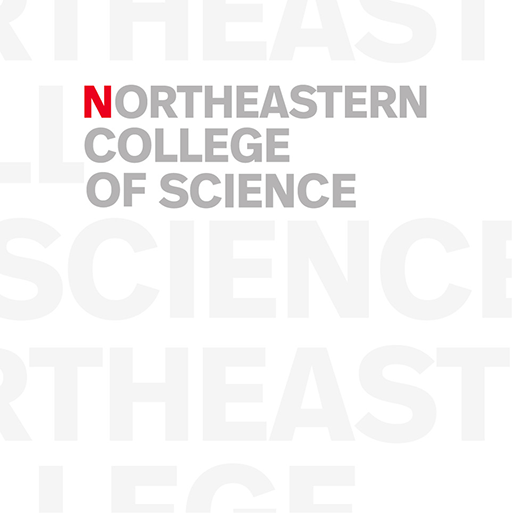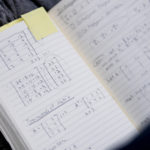About Harm Derksen
Harm Derksen was born in the Netherlands and received his Master’s Degree in Mathematics from the Radboud University in Nijmegen in 1993. He obtained his Ph.D. in Mathematics from the University of Basel (Switzerland) in 1997. After visiting Northeastern 1997-1998 as a postdoc he became a C.L.E. Moore instructor at the Massachusetts institute of Technology. Dr. Derksen was a faculty member at the University of Michigan from 2000 until 2020 before becoming a professor at Northeastern University. He has co-written books on computational invariant theory and on the theory of quiver representations. His current research is in pure and applied algebra.
Modern algebra has its roots in the mathematics of the ancient world, arising out of the basic problem of solving equations. Following an explosive development in the twentieth century, it is now a vibrant, multi-faceted and wide-ranging branch of mathematics, having ties with almost every field of mathematics and computer science. The interests of the algebra group at Northeastern include algebraic geometry, commutative algebra, representation theory, homological algebra, and quantum groups, with connections to combinatorics, singularities, Lie groups, topology, and physics.
Algebraic geometry generally uses tools from algebra to study objects called algebraic varieties that are solution sets to algebraic equations
Mathematics is weaved into every fiber of our lives and scientific endeavors. Our Applied Mathematics faculty at Northeastern has a very broad span ranging from Machine Learning, Topological Data Analysis and Network Science to Probability & Statistics, Optimization and Mathematical Biology.
Publications:
-
Google ScholarRead


